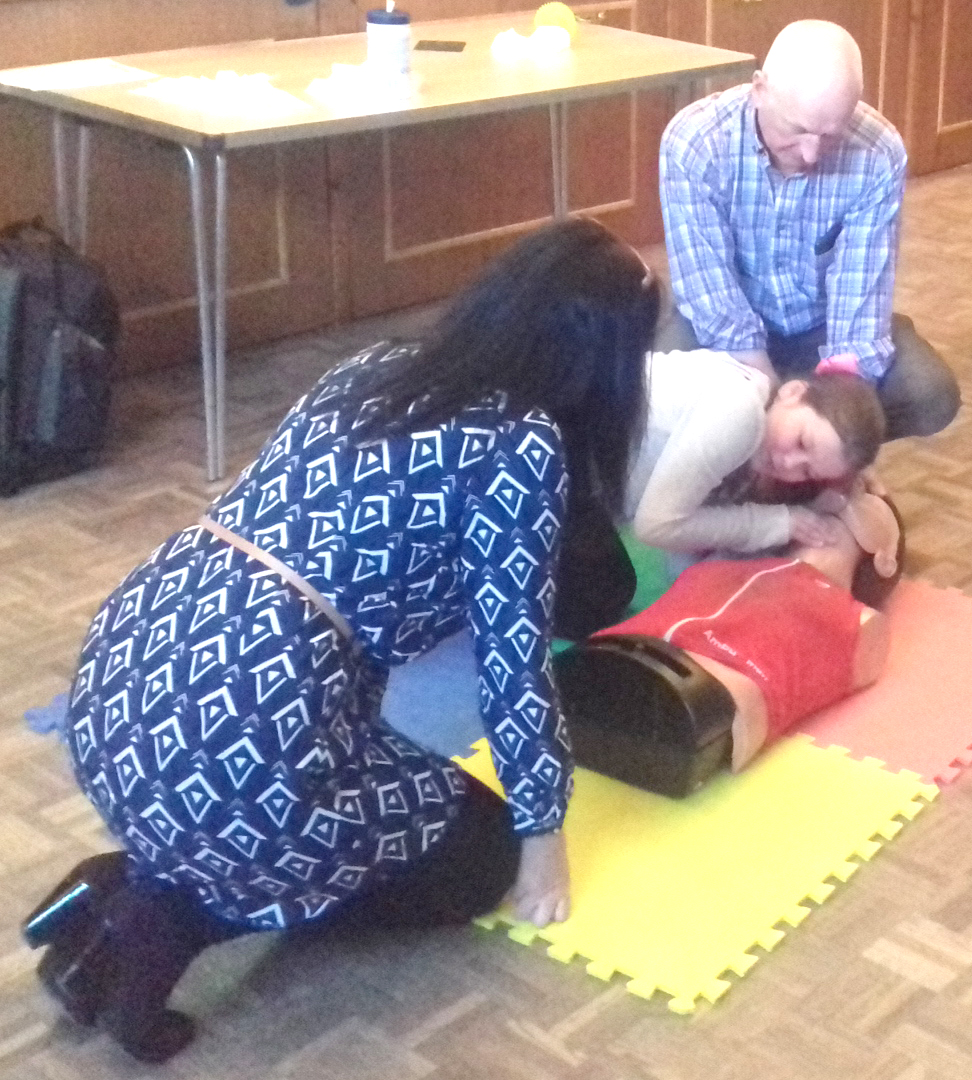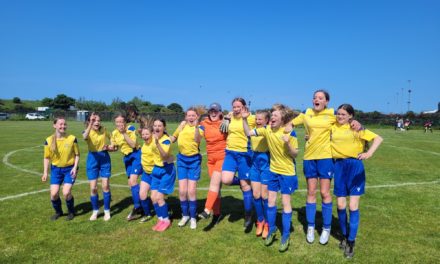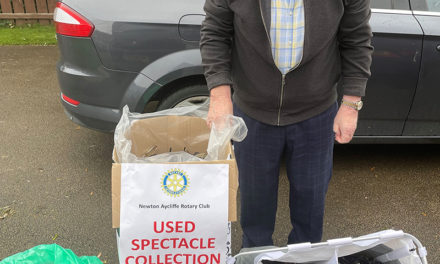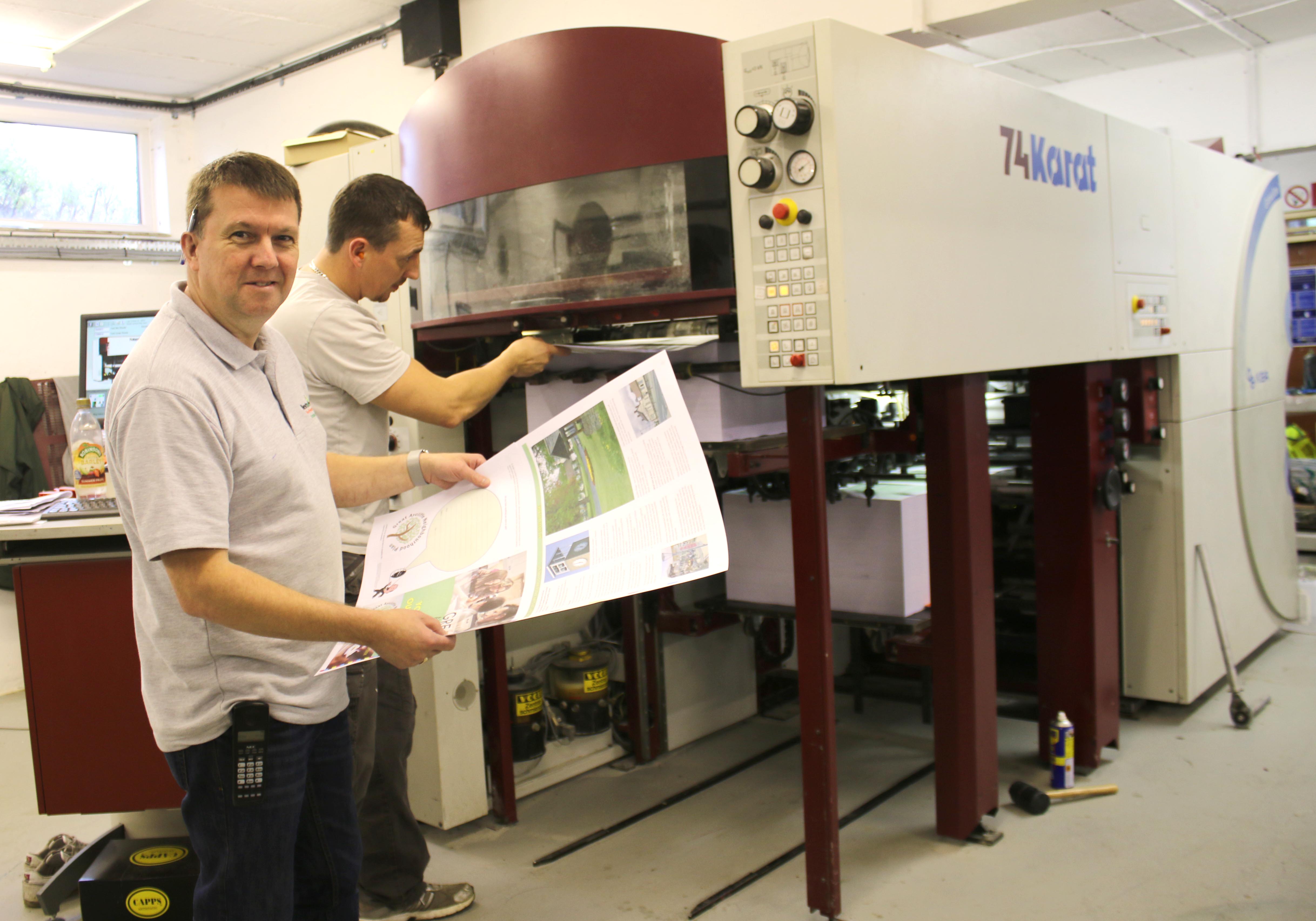A mission to provide 24-hour Public Access lifesaving equipment, and free CPR and Defibrillator training is exceeding expectations in Newton Aycliffe.
The project funded by Great Aycliffe and Middridge Partnership was to provide several community venues with equipment and training that can assist our emergency services with “The Chain of Survival” – Dial 999, give CPR, use a defibrillator and hand over to the Professionals. Every year in the UK there are 350,000 heart attacks, 100,000 fatal. Young, old, fit, or unfit, all can be at risk. Over 20% happen in a public place like Community venues. In 42% of cases someone was on hand who has had CPR training, but this means in 58% of the cases no one did, so it would be better if we had more people trained in the basics! Even with good CPR only, time is critical, your odds of survival after ten minutes can be as low as less than 5%. If a defibrillator could be available within the same time you, or a loved one’s survival odds could go up to 70%.
The project lead, David Sutton-Lloyd, is a great example of Community Partnership working and how organisations and venues have come together in support of this fantastic project. All Newton Aycliffe External 24-hour Public access defibrillators have now been fitted at 5 public access venues PCP; Greenfield College, Bay Horse Middridge, St Clare’s Church, and Woodham Community Centre. They become available to the public by telephoning 999 to get the access code.
Whilst making more defibrillators available in the area is important, awareness about their use, and locations are equally important. The offer of free training for CPR and Defibrillator use has been a huge success. To date 232 people have been trained by Durham and Darlington Fire and Rescue Service.
As the project draws to a close there is still the opportunity to take advantage of the remaining training sessions which are due to take place soon.
These are being organised by the Ambulance Service, dates and venues to be announced. The project is keen to encourage participation especially by young people.
The latest training and awareness session was jointly organised with Helen McCormick of St Clare’s Church. The session was aimed at young people’s groups after requests by the youngsters themselves. Thirty-six people attended with ages ranging from 77 to 9. Isobel at age 9 became the youngest yet to attend and complete the training. David Sutton-Lloyd the project lead expressed how “impressed with the attitude and commitment of the youngsters” the group was and commented how a mother texted to say her daughter aged 10 had gone home and demonstrated the training to her brother.
Giving about two hours of your time to learn what to do in an emergency could mean so much to some person or family in the future, the chances are very high that it will be a member of your own family, or someone you know well. Would you know what to do in an emergency?











